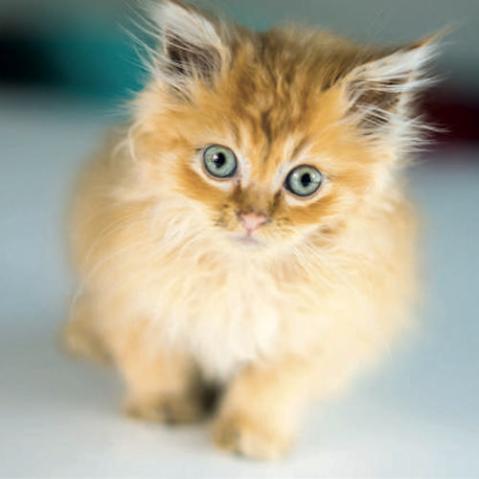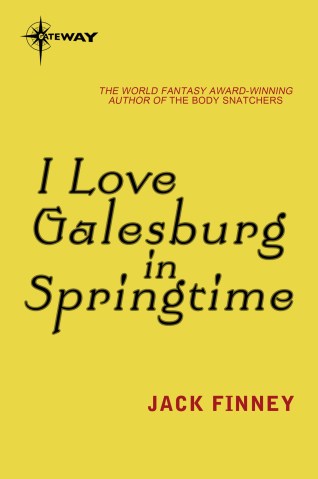'Nearly missed you!' – accentuating the active in your photos
You can tell completely different stories with the same photograph, depending on the use of active space. Portraits can seem more alive when your subjects have a bit of space to move into—what we call negative space—but what if we do the opposite?

The ‘nearly missed you’ feeling, achieved when you have a subject that is moving out of the frame, can be very strong indeed. It’s a nifty little psychological trick: if people are moving out of the frame, we are conditioned (by television, films, and comic books) to think there’s a character leaving the scene. We can use the same effect in photography, and it works especially well with fast-moving objects.
If you have a photo of a runner with a large amount of active space in front of them, you’re indicating that they have a long way to go. By reversing the active space, placing a large amount of space behind your subject, you’re telling a completely different tale. A runner moving out of the frame seems to be running faster than one with lots of space ahead of them in the frame. After all, you nearly missed them with your camera!
Groups of people/subjects are also an exception. If you are shooting a NASCAR race and want to show the pack then obviously you can’t put more space in front of the lead car, as this would eliminate most of the other cars behind it. The same goes for schools of fish and flocks of birds. Anytime you are trying to illustrate a group of subjects, the active-space rule becomes less important, as the viewer’s eye will most likely be drawn to the group instead of following the lead object out of the frame.

Additionally, anytime you want to see what’s behind your subject, active space becomes less important. Examples include the condensation trail of an airplane, a bride’s train, or the cart a donkey is pulling. All of these secondary subjects help to bring the viewer’s eye back into the shot, so active space isn’t as necessary—and it might look a bit strange to cut off the cart behind the donkey, if that’s your main subject!
The Rules of Photography and When to Break Them is Haje Jan Kamp’s exciting exploration of all the rules that we’re taught make pictures great, and a deconstruction of them to show you how to make glorious images that sing to your own tune!
[one_whole boxed=”true”]
 The Rules of Photography and When to Break Them, by Haje Jan Kamps
The Rules of Photography and When to Break Them, by Haje Jan Kamps
£9.99 Download the PDF now!
This PDF version retains the styling of the original print book.
RRP for print edition: £17.99
[button color=”Accent-Color” size=”small” url=”https://www.ilexinstant.com/product/the-rules-of-photography-and-when-to-break-them/” text=”Digital Edition”] [button color=”Accent-Color” size=”small” url=”http://www.amazon.co.uk/dp/1908150580/ref=as_sl_pc_tf_lc?tag=ilexpresscom-21&camp=1406&creative=6394&linkCode=as1&creativeASIN=1908150580&adid=05VPPR845Y3RH5TPRHWR&&ref-refURL=http%3A%2F%2Fwww.ilexinstant.com%2Fproduct%2Fthe-rules-of-photography-and-when-to-break-them%2F” text=”Amazon UK (Print)”]
[button color=”Accent-Color” size=”small” url=”http://www.amazon.com/Rules-Photography-When-Break-Them/dp/0240824334/ref=sr_1_1?ie=UTF8&qid=1401105256&sr=8-1&keywords=rules+of+photography” text=”Amazon USA (Print)”]
[/one_whole]




